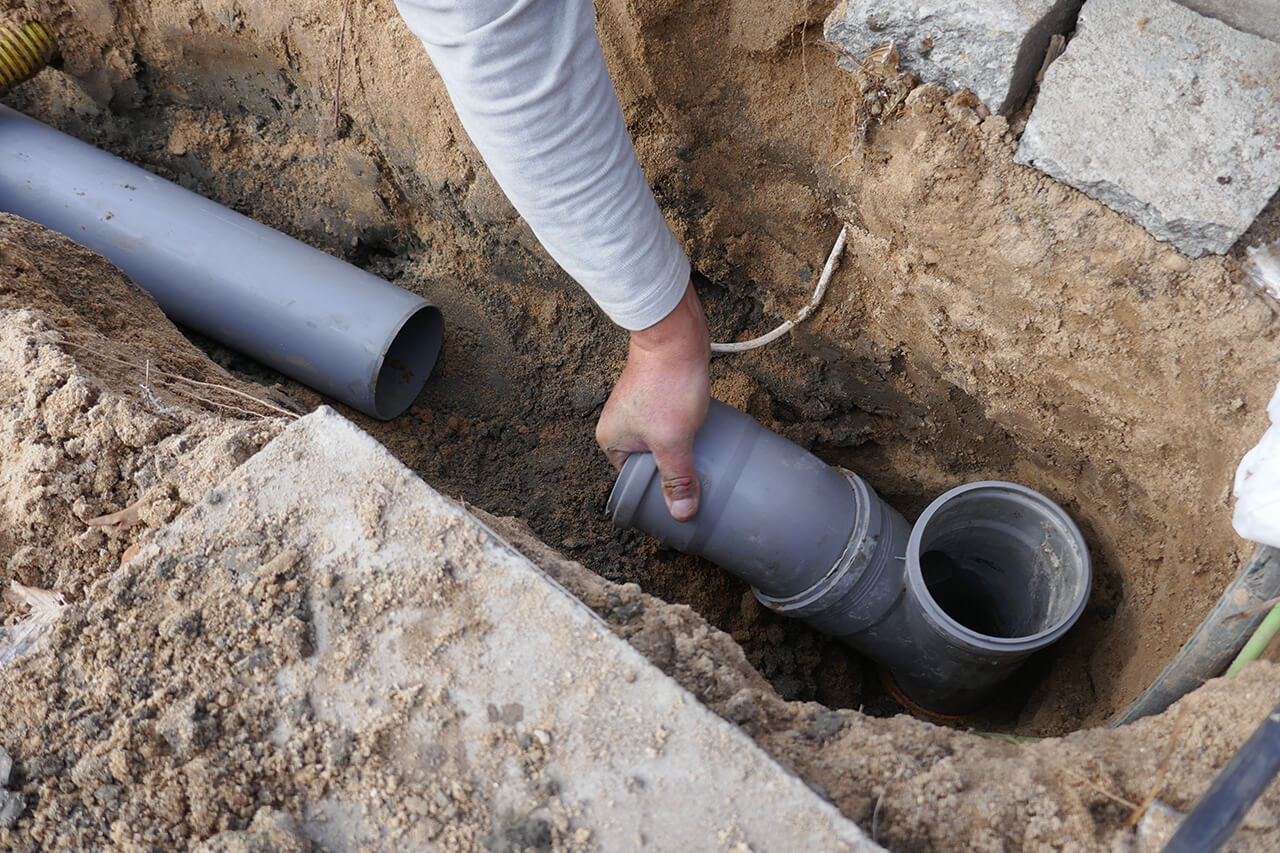Mr Goodwater Inc
Mr Goodwater Inc
A 25 year-old, family-owned independent business offering water softening, conditioning, filtration and purification for homes, businesses and industry. We offer free water test and analysis, Eco-friendly options and many financing programs. There are two WQA Certified Water Specialists on staff to help diagnose water problems and recommend budget-friendly solutions.
"The job went very well, I requested an estimate, and the representative came by and took a look at my water and system. Gave me the price options, and I asked when you can do the installation? He said now if you like. I had a new water softener installed within a few hours. Awsome service"
Brendt W on March 2025
A 25 year-old, family-owned independent business offering water softening, conditioning, filtration and purification for homes, businesses and industry. We offer free water test and analysis, Eco-friendly options and many financing programs. There are two WQA Certified Water Specialists on staff to help diagnose water problems and recommend budget-friendly solutions.
"The job went very well, I requested an estimate, and the representative came by and took a look at my water and system. Gave me the price options, and I asked when you can do the installation? He said now if you like. I had a new water softener installed within a few hours. Awsome service"
Brendt W on March 2025











